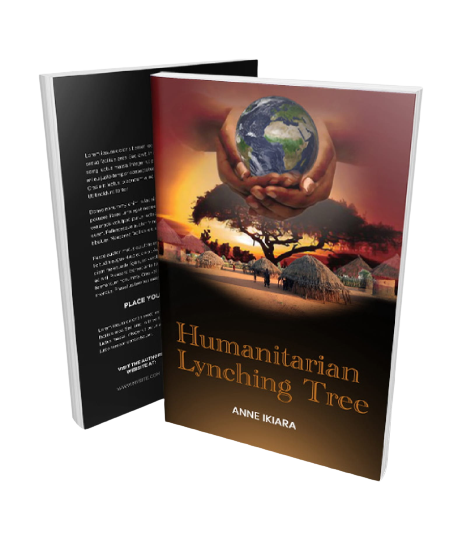THE LINE OF ONE
At first glance, “The Line of One” outlines a classic rags-to-riches tale set against post-independence African culture. However, as you delve deeper, you’ll uncover a riveting epic that spans generations of feuding clans. This generational divide and antagonism come vividly to life through the story of two families in the wake of Kenyan colonial departure.
An abusive, alcoholic father, staunchly rooted in traditional ways and resistant to change, drives his only son, Kinoti, to strive for a better future. Motivated by the desire to lift his mother and two sisters out of poverty, Kinoti excels academically and demonstrates an unparalleled work ethic. His journey leads him to marry the wealthy daughter of the rival clan, seemingly destined to perpetuate the curse of the line of one.
The twists and turns, love and heartbreak, despair and ultimate victory, will keep you on the edge of your seat. “The Line of One” is a masterfully crafted narrative that explores the triumphs and challenges an African child face, tracing a journey from colonial Kenya to the present day.






